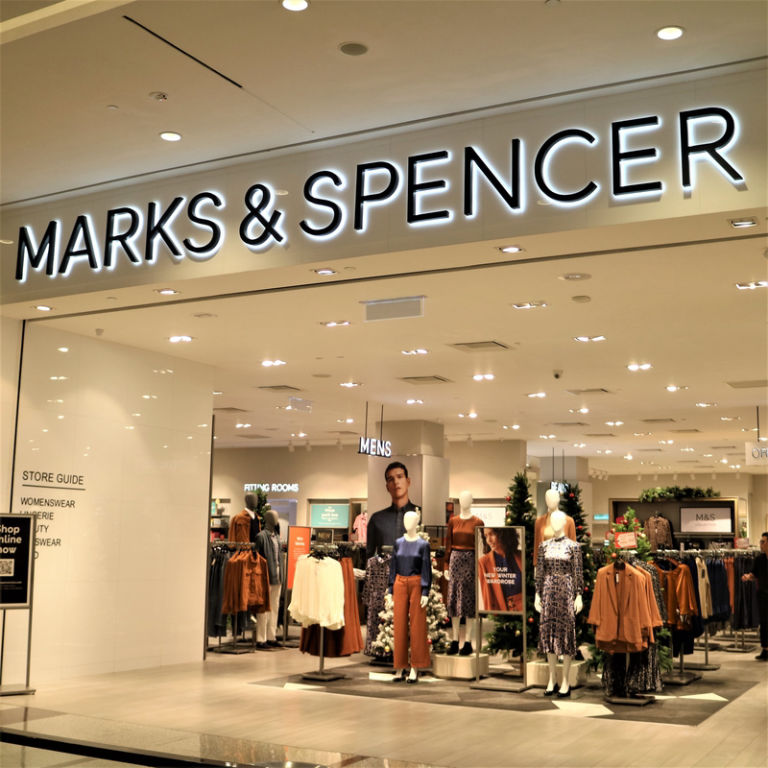ISLAMABAD: The Marks & Spencer Group, a renowned British multinational retailer, has expressed its desire to enhance the imports of textile items from Pakistan. These products include woven garments, denim, and towels.
The experts from Marks & Spencer, will visit Pakistan in September to engage with textile mills to increase the imports from Pakistan. APTMA has invited the delegation to open sourcing offices in Pakistan, fostering growth and trade prospects.
During a meeting with the All-Pakistan Textile Mills Association (APTMA), Unsal Erdogan, Marks & Spencer Group country manager for Turkey, announced that a team of experts from M&S would visit Pakistan in September.
The delegation, led by Erdogan, includes Funda Binoz, M&S’s business area manager for menswear, homeware, lingerie, as well as merchandisers Buket Ferreira and Seher Sbirakmaz.
Erdogan stated that the group intends to engage with various textile mills in Pakistan. They plan to import a range of products, including woven garments, denim, socks, towels, graphic design T-shirts, and polo shirts.

Moreover, the delegation members expressed keen interest in understanding the potential of Pakistan’s textile industry and the challenges it faces in the future, as per APTMA.
During a meeting with the M&S delegation, APTMA Chairman for North Zone, Hamid Zaman, extended an invitation to the team to establish their sourcing offices in Pakistan.
He expressed optimism that Pakistan’s GSP+ status enables its exports to effectively compete with neighboring countries like Bangladesh and Sri Lanka, offering increased opportunities for Pakistani exports to Europe.
Zaman expressed hope for the renewal of Pakistan’s GSP+ facility, emphasizing that the country complies with 27 conventions concerning human rights, environment, labor rights, narcotics control, corruption control, and gender rights.
Compliance with six additional conventions, he believed, would further enhance Pakistan’s image on the global stage.
Former APTMA chief, Aamir Fayyaz, highlighted the immense potential of the textile industry in Pakistan, stating that setting up more stitching units in the country could boost exports to $50 billion. Fayyaz attributed the industry’s competitive advantage to factors such as competitive labor wages, devaluation of the local currency, and a young and skilled workforce in the country.


